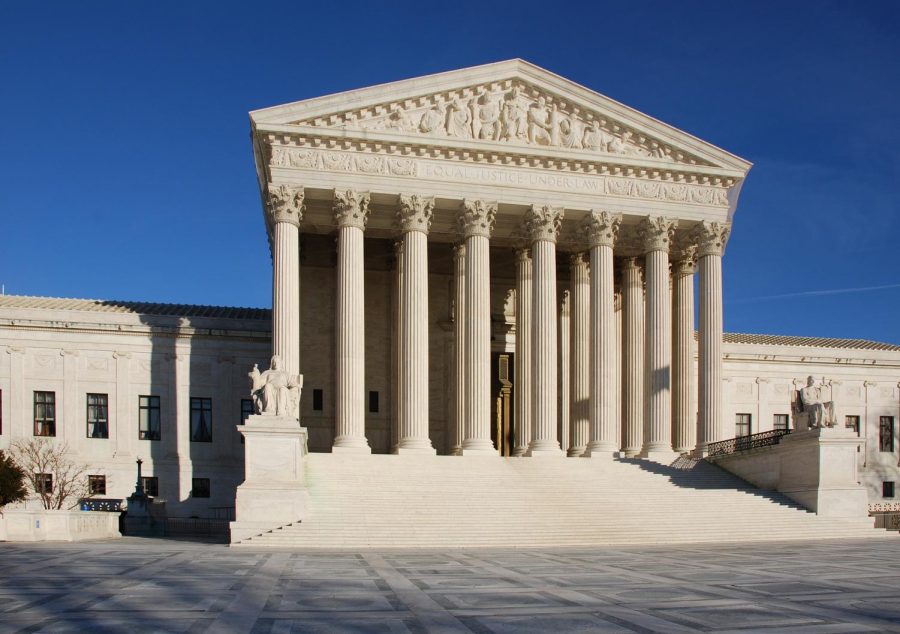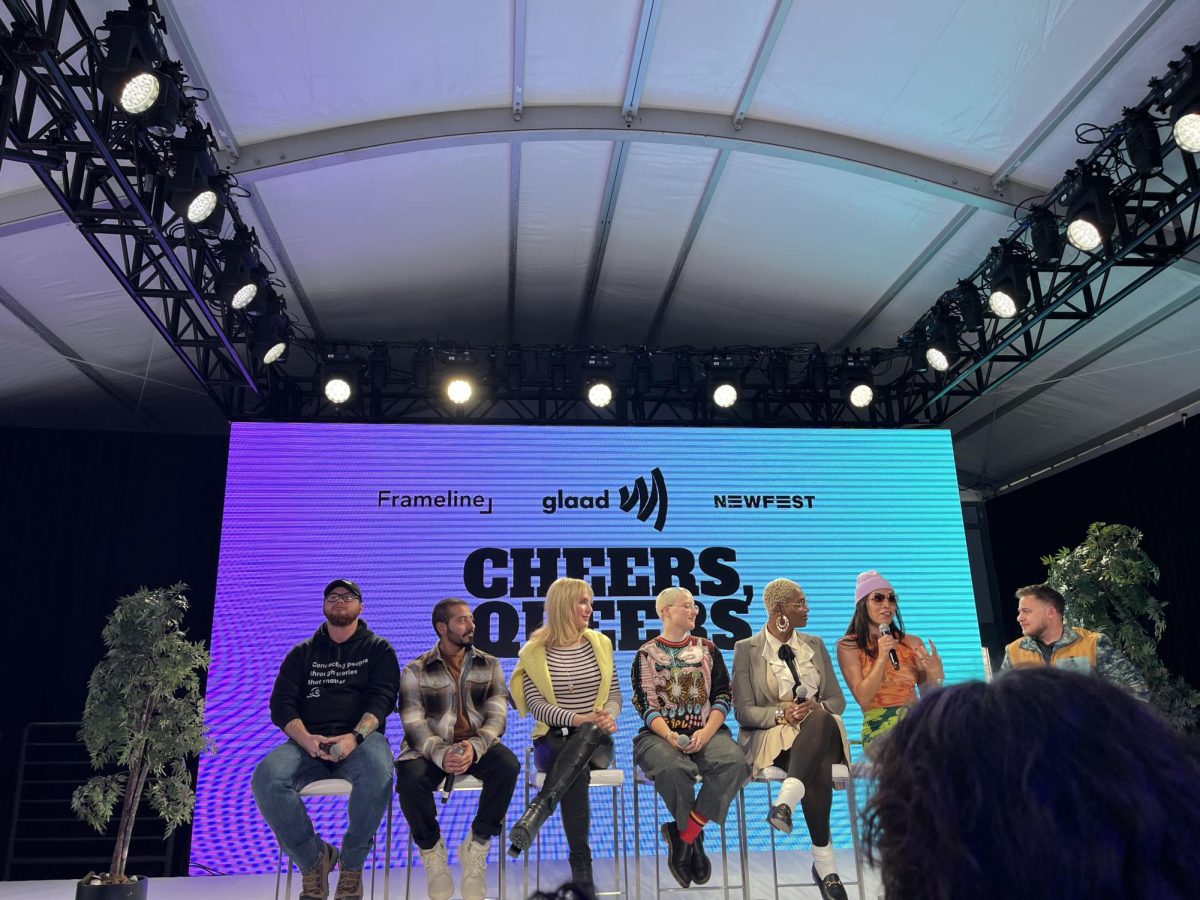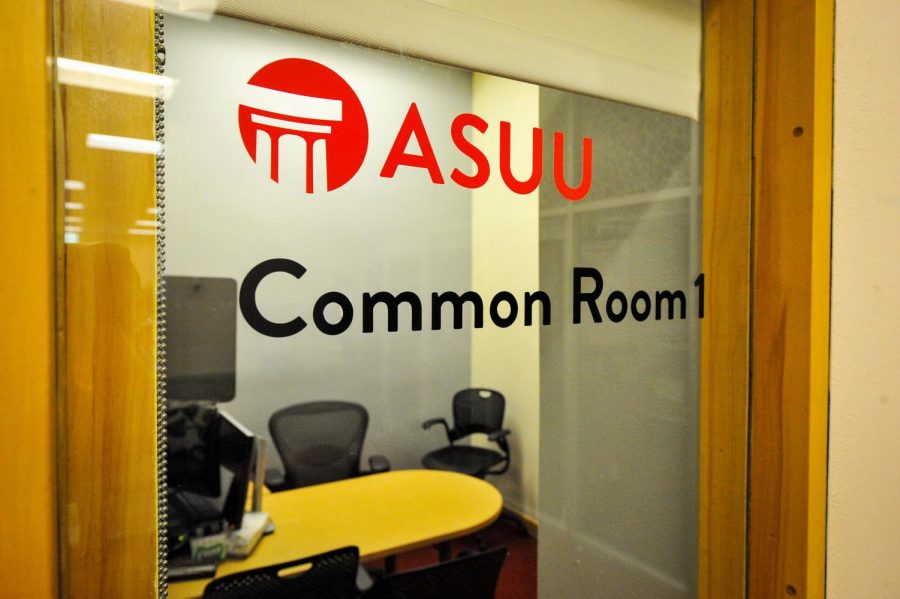Kincart: Unintentional Discrimination is Discrimination
March 24, 2022
In early March, protesters gathered outside of the Los Angeles Community College District headquarters in downtown LA. Their protests came before a board of trustees meeting that would discuss the decision to petition the Supreme Court in a prominent disability rights case — Payan v. Los Angeles Community College District. This case has important implications about whether unintentional discrimination is still discrimination. The LACCD decided not to take the case to the Supreme Court, which leaves unanswered questions about unintentional discrimination. Given the conservative majority at the Supreme Court, now might not be the right time to hear such an important case. But because of the nature of this issue, we need court action that furthers the rights of disabled people.
In 2017, the National Federation of the Blind, along with Roy Payan and Portia Mason, filed a lawsuit against the LACCD. Payan and Mason, both blind students, needed accessibility features like audio recordings of text and screen reading software, which the school failed to provide in a timely manner. The school was “unprepared” to support them, leading Payan and Mason to drop classes or accept lower grades.
At its core, this case asks us whether unintentional discrimination is a violation of federal law. When the unintentional discrimination is a lack of accommodations, the victim is hindered from carrying out necessary tasks. Additionally, the victim is required to go above and beyond to seek resources that they need to succeed. The students and National Federation of the Blind won twice in federal court, with the 9th Circuit appeals panel declaring that the students’ lack of equal access to a college education, although unintentional, violated their civil rights. Part of the reason that the trustees voted to refrain from going to the Supreme Court is because of the conservative-leaning court. The verdict of this case would affect disability rights across the country, so it cannot be handled lightly. But, because of the potential for continued disregard of disabled students’ rights across the country, it’s clear that we need a Supreme Court ruling.
The fight for accommodations isn’t just in California. College and K-12 students must work through complicated systems to receive accommodations. At the University of Utah, the Center for Disability and Access oversees the accommodation process. According to their website, students must first schedule an intake appointment and fill out the proper forms. There are also extensive guidelines for summiting documentation to get accommodations.
Although these guidelines are in place, what keeps the U’s Center for Disability and Access free from the shortcomings in the LACCD? Without a legal precedent declaring unintentional discrimination, or the withholding of accommodations, disabled students are at risk. In 2020, the Utah GOP agreed to accommodate people with disabilities in a lawsuit settlement. Certified ASL interpreters were missing from important events and some meetings required participants to stand up if they wanted their vote to be counted. In Utah as a whole, we have a long way to go with understanding accommodations. Ensuring our schools have a streamlined, feasible and comprehensive process is crucial.
Lily Wagner, a junior at the U, first decided to work directly with her professors to receive accommodations. “If any professors had decided not to accommodate me, I would have gone through the Disability Center,” Wagner said. Luckily, Wagner had a mentor in her sorority with experience receiving accommodations and who helped her with wording emails to professors. However, it’s unfortunate that the U doesn’t widely advertise how to access accommodations or encourage students to figure out if they qualify for them. We should actively try to make school more accessible for students so that they can be successful — and Supreme Court action is the way we should do it.
Federal judges, as in the case of Payan v. Los Angeles Community College District, are appointed by the president and confirmed by the Senate. We should follow the pending nominations on the Senate website. Similarly, we should contact our Senators and urge them to vote in favor of judges with a history of advancing disability rights. We must vote for presidential and senatorial candidates that will prioritize disability rights. Let’s pay attention to the plans and policies they release regarding disability and check to see if they have a disability policy advisor on their team.
Running Payan v. Los Angeles Community College District through the Supreme Court at its current state could have been risky. But we need Supreme Court action to guarantee the rights of disabled people across the country. Understanding the significance of court action in advancing disability rights should be crucial to our voting and advocacy. We must actively prioritize disability rights.








